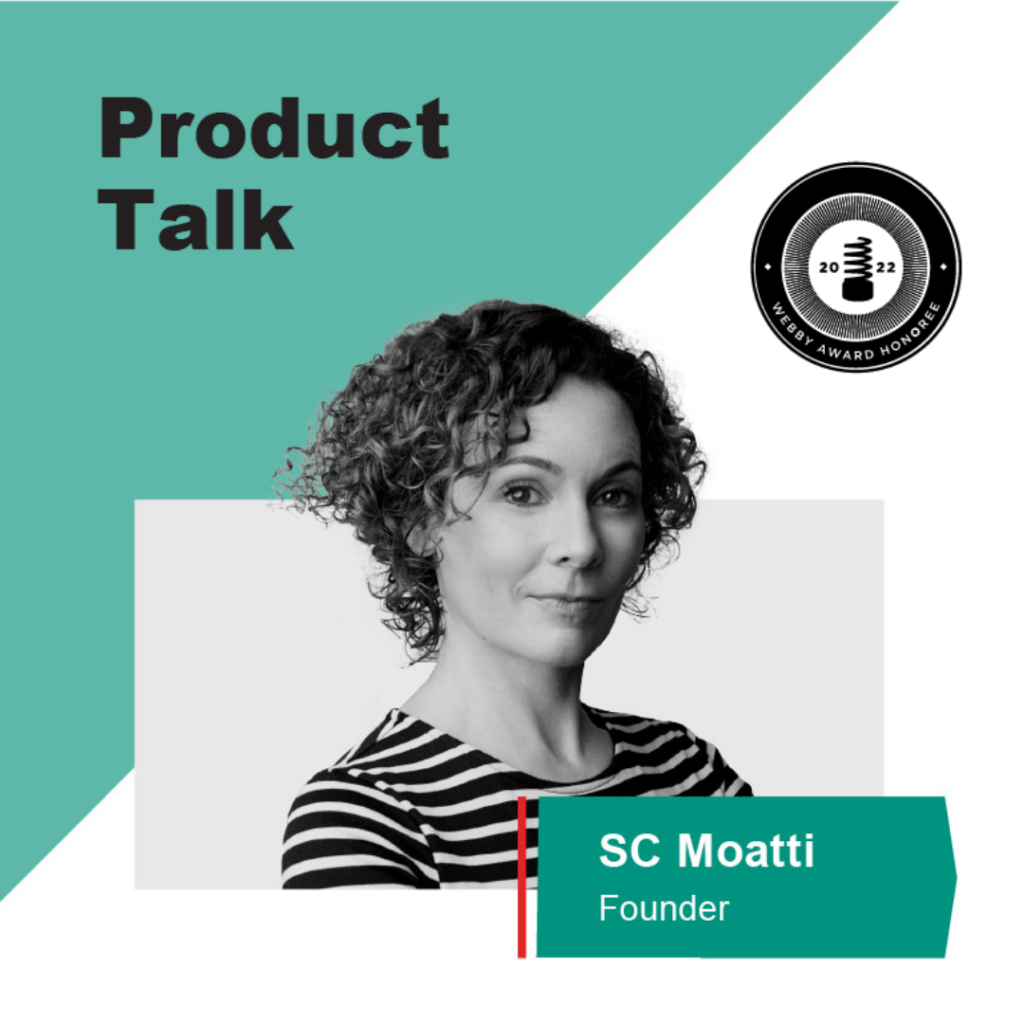What do product leaders need to consider when building products for the SMB space? In this episode of Product Talk hosted by Kaboo Founder Neha Shah, Altice USA Product & Tech SVP Rachel Owens shares insights from her diverse career journey in product management, from engineering school to roles at startups and Fortune 500 companies. She discusses how she applies lessons from different industries and experiences to build great products. Rachel emphasizes the importance of continuous learning and having an interdisciplinary skillset, and shares advice on how to create a culture of open feedback and iteration on teams.
Subscribe to the Product Talk podcast on Spotify and Apple Podcasts and catch every conversation with leading product executives. Episodes drop on Wednesdays.

Show Notes
- Product management has evolved from a combination of roles like brand management and project management.
- Continuous learning and applying diverse experiences helps deliver more value to customers and businesses.
- It’s important to partner with subject matter experts when tackling new industries or technologies.
- Considering business factors like costs and timing is crucial when building products.
- Understanding user needs are critical for product leaders.
- An interdisciplinary, generalist approach helps address all aspects of the product lifecycle.
- Iteration, feedback, and willingness to learn from failures improves products and teams.
- Diverse perspectives from new and experienced team members foster better solutions.
- Authenticity and openness about strengths and areas to learn is valued in candidates.
- Empathy is key for product leadership in relating to customers and colleagues.
- Engineering encompasses many disciplines beyond just software.
- Product management has a long history beyond just recent tech roles.
- Pivoting careers brings valuable outside perspectives into product work.
- Reflecting on successes and failures equally drives improvement.
- Partnerships across technical and business functions strengthen products.
- Considering long-term business operations improves initial product design.
- Vulnerability and adaptation foster personal and career growth.
- Iteration applies to products, processes and individuals within them.
- Timing, pricing and go-to-market strategies impact product success.
- Life experiences outside work enrich the empathy needed in product roles.
About the speaker
Rachel Owens is an experienced product and operations executive with an exemplary record of bringing new products and businesses to market under her leadership. Rachel’s leadership experiences span start ups to Fortune 500 companies building business focused on sw/hw solutions, software applications, and a consumer IoT device & app. Rachel has 2 decades of experience with much of it working in health tech, IoT, and big data to drive AI enabled AdTech and recommendation engines. Rachel has a proven track record of establishing and building strong profitable relationships with strategic business partners.
About the host
My experience covers the trifecta of B2B Product Management, Sales, and Marketing. I also co-founded a B2C startup focused on family and education technology. I believe technology can be a creative and powerful driving force for change, and am passionate about building products that improve every day experiences.